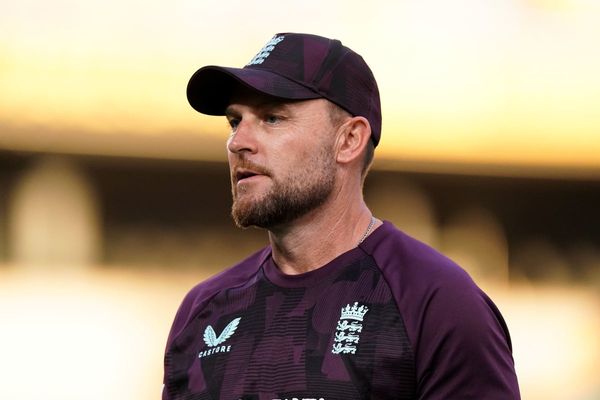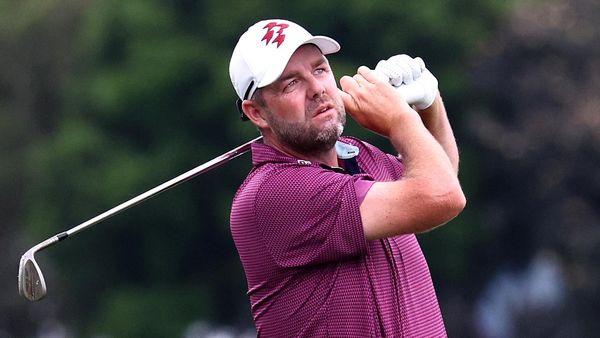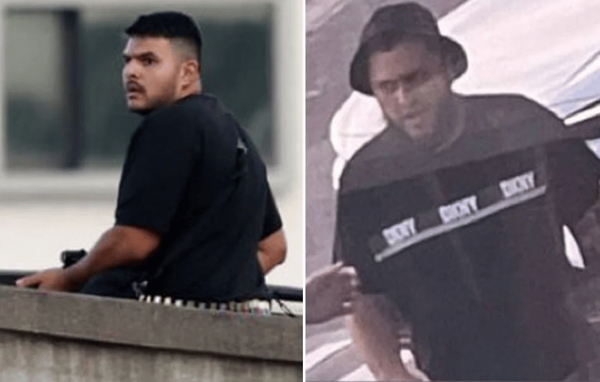When Pope Francis’s advisers report back on the battle to overhaul the Vatican’s sprawling finances, they regularly bring poor tidings. As they huddle with the pontiff, the aides voice their frustration at the resistance of the Roman Curia, the bureaucracy that runs the Catholic Church and which Francis has called “the last court that remains in Europe,” saying it’s filled with careerists and gossips. The bureaucrats are pushing back against Francis’s drive for transparency and accountability, refusing to give up the privileges that control of money grants them, according to officials who asked not to be named as these discussions are confidential.
The Roman Catholic leader hears them out, then urges them to forge ahead. “I don’t understand any of this stuff. Talk to each other, and don’t lose your sense of humor,” he says. “But we have to keep going. I won’t stop.”
Cleaning up Vatican finances has been a priority for the 83-year-old Argentine pontiff from the start, say his advisers. Just months after his inauguration in March 2013, Francis set up atask force to scrutinize the Institute for Religious Works. The entity, frequently referred to as the Vatican bank, is so opaque it’s been called “the most secret bank in the world.” The following year, Francis created a Secretariat for the Economy, vesting it with authority over all economic activity for the Holy See and Vatican City.
The pope has recruited executives from the worlds of business and finance to fill top jobs in the Curia as part of a drive to bring the Vatican’s accounting and budgeting procedures up to international standards. Momentum on reforms has accelerated this year, with several papal edicts, including one establishing a new code for public tenders to ward against corruption and conflicts of interest.
Francis, who once called money “the devil’s dung” and whose latest papal encyclical contains a fiery criticism of neoliberalism as a system that resorts to “magic theories of ‘spillover’ or ‘trickle’” to solve societal problems, wants the Vatican to lead by example. “We have to walk the talk,” says Father Augusto Zampini, a papal compatriot who is adjunct secretary at the Vatican’s human development department. Zampini worked at Argentina’s central bank and the law firm Baker & McKenzie before becoming a priest and now represents the Vatican at forums such as Davos. “The Vatican’s financial assets are small, but they have great symbolic power,” he says.
That power has frequently been dimmed by scandal. The latest involves a questionable 2014 investment by the Vatican’s Secretariat of State—equivalent to the prime minister’s office—in a former Harrods warehouse in London’s affluent Chelsea neighborhood that was slated to become luxury apartments. Francis has dismissed five Vatican employees over the deal, which went south, and an investigation has been launched to determine whether the bureaucrats were scammed or if they themselves profited. “A thief can enter my home because he was ‘skilled’ in deactivating the alarm system, or because someone gave him the key or opened the door for him from the inside,” said Archbishop Nunzio Galantino, who heads the Administration of the Patrimony of the Holy See, in an interview with the Catholic newspaper Avvenire. He estimated the Vatican’s losses in the deal at £66 million ($88 million) to £150 million.
To diminish the scope for bad behavior, the pontiff has been pressing the church’s moneymen to open their accounts to public scrutiny. A few have complied. Pledging that “the faithful have the right to know how we use resources,” Father Juan Antonio Guerrero Alves, the Vatican’s economy minister, published the Curia’s consolidated budget for 2019 on Oct. 1—the first since 2016. The report showed a shortfall of €11 million ($13 million), compared with one of €75 million the prior year. Yet the task of assessing the health of the church’s finances isn’t helped by their being split into four separate budgets—the Curia, the Vatican city-state, Catholic foundations, and hospitals and charities—or by the fact that surpluses in one area are used to plug deficits in others.
“Some people—inside and outside the church—used to be skeptical about the pope’s reforms, but now they realize that he is serious about them,” says Sister Alessandra Smerilli, a professor at Rome’s Pontifical Auxilium faculty who briefs the pope on global economic issues. “Francis wants a system that ensures no one is alone to take decisions, because that can lead to mistakes.”
To that end, the pope ordered the Secretariat of State to be stripped of its funds in the wake of the London scandal. Under his instructions, spelled out in a letter to Secretary of State Cardinal Pietro Parolin dated Aug. 25, the assets—which are worth €350 million, according to a senior official—will be managed by Galantino’s department.
Then, in September, Francis forced the resignation of Cardinal Giovanni Angelo Becciu, a close aide and former No. 2 at the Secretariat of State, over allegations he had channeled some €100,000 in Holy See funds to his brother’s charity. Becciu denied any wrongdoing, telling reporters he had the power to use its funds to support charities.
That remark exasperated Francis, whose attempts at reform have been obstructed by senior or middle-ranking members of the administration who have become accustomed to operating in their own fiefs and have felt untouchable, say the pontiff’s advisers. On the evening of Nov. 4, Francis hosted a meeting with department heads including Parolin, Galantino, and Guerrero at which he convened a task force “to start work immediately” to execute the orders he had set out in his August letter within “the next three months,” according to a Vatican statement.
If the pope is willing to publicize his battles to get recalcitrant administrators to toe the line, it’s because he believes the world’s 1.3 billion Catholics, whose donations are the church’s lifeblood, want to be reassured that their hard-earned money is not being pilfered or wasted. “That’s a risk because publicity about scandals may create disaffection, but he doesn’t want to hide anything,” says Smerilli.
If, as the saying goes, sunshine is really the best disinfectant, the latest controversies may be evidence that Francis’s reforms are starting to bear fruit. Or perhaps it’s the opposite. Moneyval, the European Union’s anti-money-laundering body, has been scrutinizing money matters in the city-state and is expected to issue a report sometime in the spring that should provide an independent reality check.
Meanwhile, in his meetings with his inner circle, Francis continues to rally the troops. “Have patience,” he tells his entourage. “Step by step. To change things, you need to bring people in.” —With Alessandro Speciale
©2020 Bloomberg L.P.







